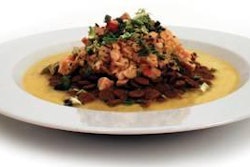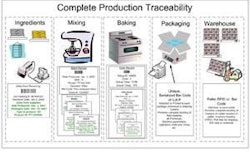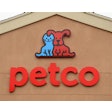A galactoglucomannan oligosaccharide (GGMO) obtained from fiberboard production was evaluated as a dietary supplement for dogs. The GGMO substrate contained high concentrations of oligosaccharides comprised of mannose, xylose and glucose, with the mannose component accounting for 35% of dry matter (DM). Adult dogs were fed six diets, each containing a different concentration of supplemental GGMO that replaced dietary cellulose.
Total tract DM and OM apparent digestibilities increased linearly, while total tract CP apparent digestibility decreased linearly as dietary GGMO substrate concentration increased. Fecal concentrations of acetate, propionate and total short-chain fatty acids increased linearly, whereas butyrate concentration decreased linearly with increasing dietary concentrations of GGMO. Fecal pH decreased linearly as GGMO increased; fecal score increased quadratically.
Fecal phenol and indole concentrations decreased linearly. Fecal biogenic amine concentrations were not different among treatments except for phenylethylamine, which decreased inearly as GGMO increased. Fecal microbial concentrations of E. coli, Lactobacillus spp. and Clostridium perfringens were not different among treatments. A quadratic increase was noted for Bifidobacterium spp. as GGMO increased.
Data suggest positive nutritional properties of supplemental GGMO when incorporated in a high quality dog food.
Source : T.A. Faber et al., 2010. Galactoglucomannan oligosaccharide supplementation affects nutrient digestibility, fermentation end-product production and large bowel microbiota of the dog. J. Anim. Sci. online September 2010. doi: 10.2527/jas.2010-3028
















